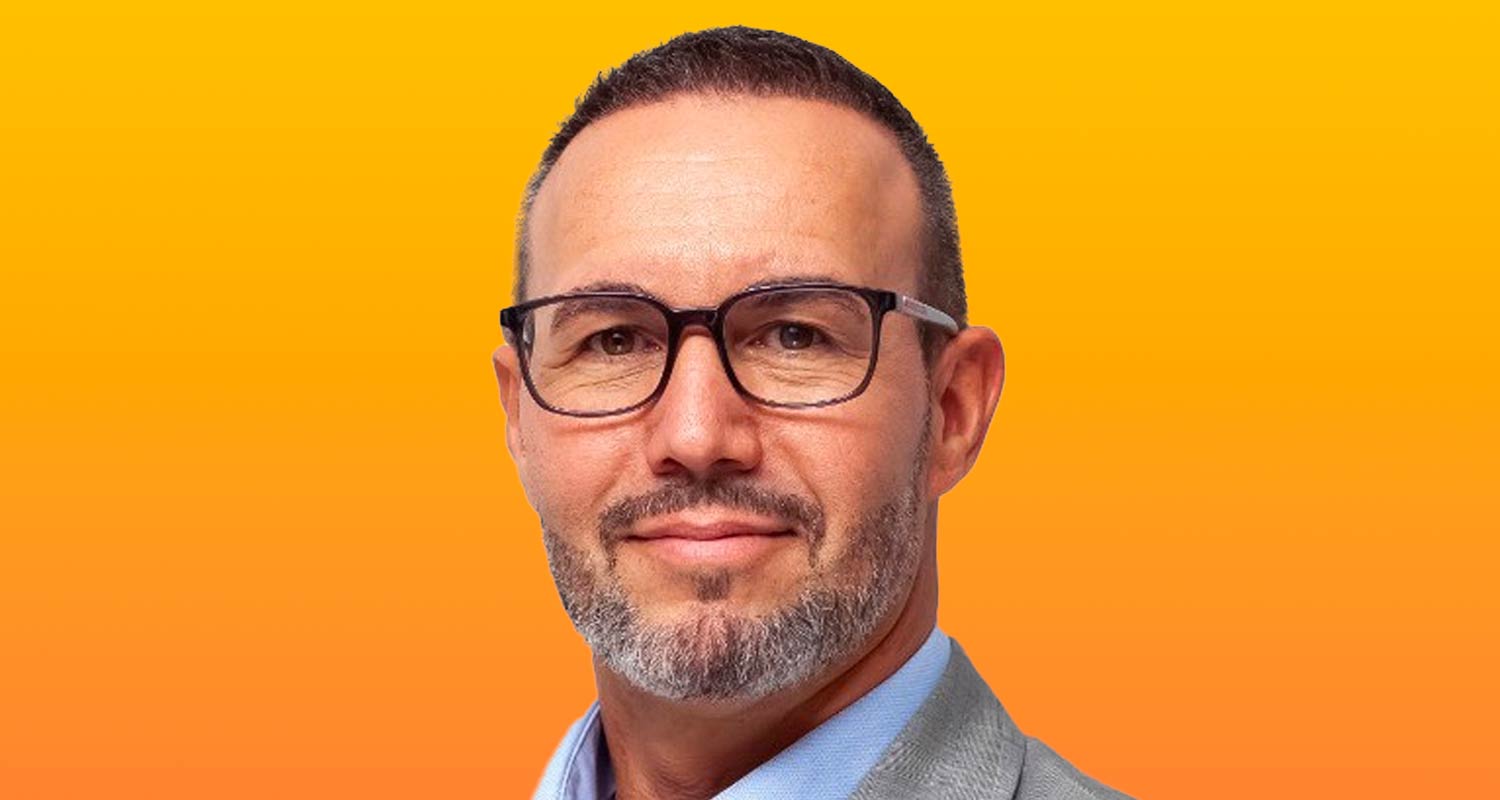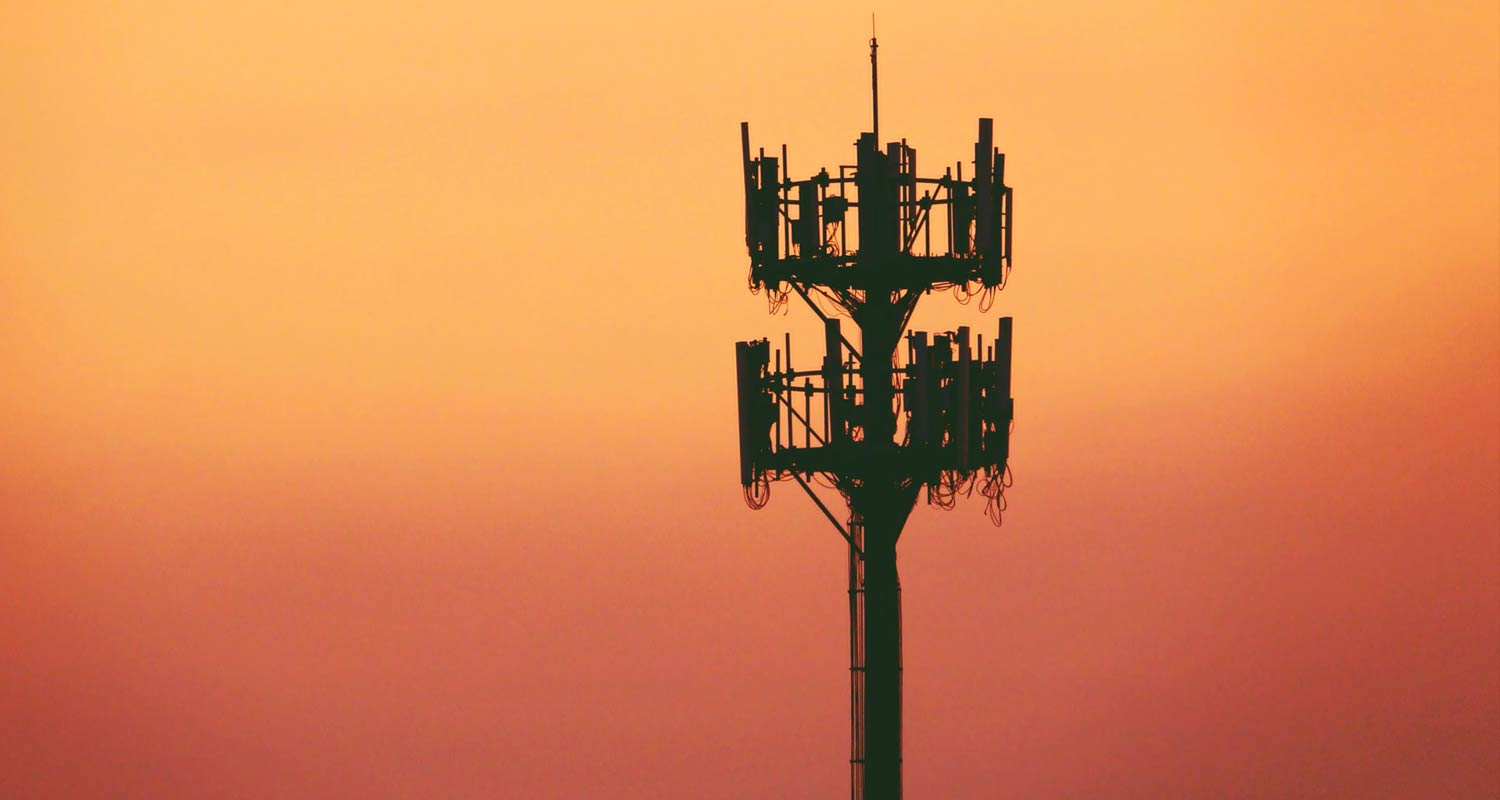
Cell C CEO Jorge Mendes, in his second media engagement since taking the reins at the troubled mobile operator, said not only has the business been saved but that its best days still lie ahead of it.
Mendes, who was hired from his previous senior role at Vodacom, said his ambition is to “at least” reclaim third place in South Africa’s mobile market from Telkom. But he won’t do that through a price war.
With revenue market share of an estimated 7.9%, Cell C does, however, have a long road ahead of it. As acting chief financial officer El Kope said, it took years for the company to get into the mess it found itself in, and it will take years to get it back onto a solid financial footing.
Fresh from another recapitalisation aimed at dealing once and for all with its legacy debt problems – this one led by its largest shareholder, Blue Label Telecoms – Mendes said he is confident that Cell C will be able to trade its way to profitability, generating stronger cash flows that will further ease its high level of gearing.
He’ll achieve this by focusing above all on Cell C’s culture, he said. “I am confident we are on the right path. My ambition is to have the best culture [of any company] in the country. The focus is on Cell C’s people. The business and financial KPIs will follow.
“There is no doubt in my mind that we will turn this company around. This new model [we are implementing] will become the model used globally. If you don’t have R10-billion/year in this market (South Africa), you can’t play in the capex race,” he said, referring to market leaders Vodacom and MTN, which together invest some R20-billion/year in network infrastructure.
‘Outperform the market’
Key to Cell C’s new model is investing significantly less in network infrastructure. It no longer operates its own radio access network, relying instead of the infrastructure provided by MTN and Vodacom (prepaid users are on the former’s network and post-paid clients on the latter’s). As a result, it is no longer pouring billions of rand into its network in a vain attempt to play catch-up to its bigger rivals, which budget far more in capex than Cell C could ever achieve given its size.
“Despite everything [that has happened to the company], South Africans love the Cell C brand,” Mendes claimed. “We have a strong value perception, which we’d like to capitalise on.”
Asked by TechCentral if Cell C would like to reclaim third place in South Africa’s market – lost to Telkom a few years ago – Mendes said: “At least!”
Read: Cell C again taps Vodacom to bolster leadership team
He added that market share growth will follow naturally from a focus on improving Cell C’s culture and offering products to consumers that are more closely aligned with their needs.
Asked by TechCentral how he’d measure his success as CEO and what he’d like to achieve in the next three years, Mendes said: “I’d like the business to be in a fundamentally different position. We need to outperform the market – that is my main ambition. I don’t like easy targets because it makes people aim low…”
 “I would like to have the best culture in the country… I want that done not through a ‘top employer’ matrix, but rather through employee surveys and the retention of staff rather than attrition. When you feel the mood of the place, you’ll know [we’ve achieved this]. We will have turned the company around, into a sustainable entity that leaves cash on the table and makes significant profits.”
“I would like to have the best culture in the country… I want that done not through a ‘top employer’ matrix, but rather through employee surveys and the retention of staff rather than attrition. When you feel the mood of the place, you’ll know [we’ve achieved this]. We will have turned the company around, into a sustainable entity that leaves cash on the table and makes significant profits.”
What he won’t do, he said, is engage in a price war with Vodacom and MTN.
Cell C has attempted to fight for market share on price in the past, and as a smaller player simply ended up in a worse-off position financially.
Read: Blue Label formally moves to take control of Cell C
“It’s easy to get distracted in this industry. You need to stay the course in terms of the values you stand for,” Mendes said.
Ultimately, though, an important metric to determine his success will be whether Cell C can outgrow its rivals in a highly competitive industry known for its fickle customer base. — © 2024 NewsCentral Media




